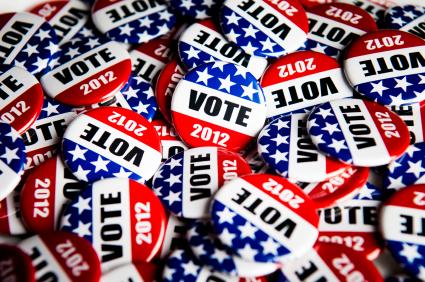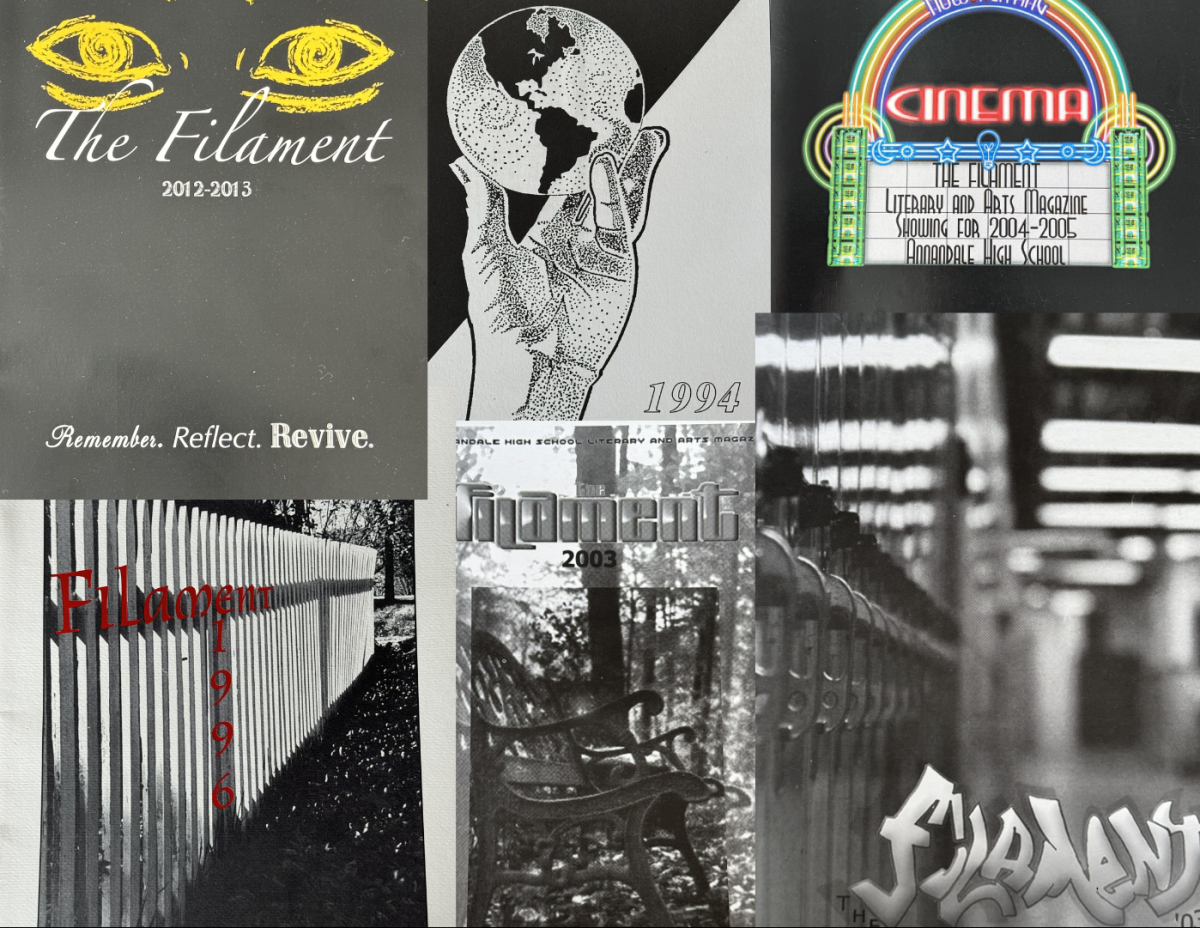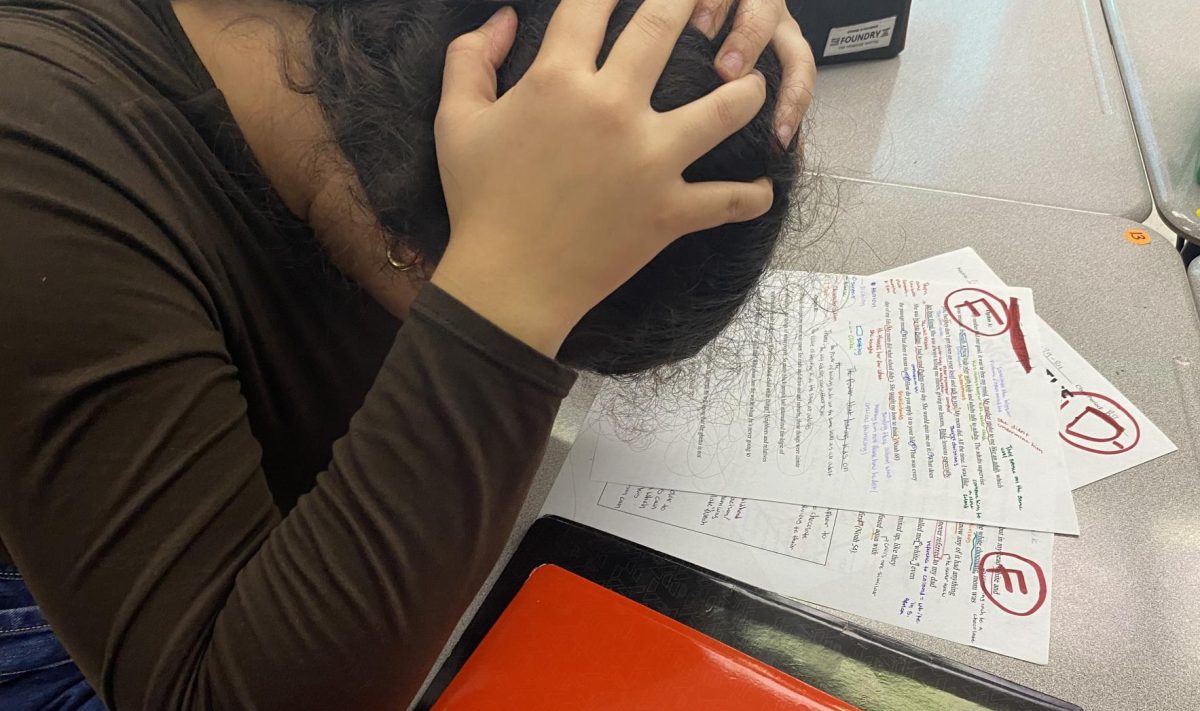
It’s that time again. Time for the American people to take charge and take a stand, or take whatever is put in front of them.
Half of the populace chooses the latter. This election is one of many around the globe that have or will take place this year that will decide the fate of this planet, and more importantly, gauge the character of the societies that live here.
According to the United States Election Project, only 57 percent of the voting-age population voted in the 2008 presidential election.
The young 18-29 demographic, which is approximately one-fifth of the voting population, is similar to the national average: 52 percent came out to vote last election as reported by The Center for Information & Research on Civic Learning and Engagement (CIRCLE).
“If [young people] don’t vote, then their perspective will be lost,” former government worker and social studies teacher Mary Ann Richardson said. “They have a lot to learn about our government and there is a large amount of apathy.”
The numbers are changing, however. Fifty-eigth percent of young people are reported by Gallup to “definitely vote” this year and according to the Harvard Institute of Politics, 55 percent of young voters would choose Obama over Romney with 9 percent undecided. These numbers are similar to an A-Blast survey. 82 percent of students who are eligible to vote are planning to vote. The political climate of AHS is overwhelmingly liberal. Seventy percent of students polled would vote to reelect President Obama, while only sixteen percent would choose Romney.
The amount of students who identify politically as independent or “other” is 30 percent.
“Even if more people are voting, few are actually informed to a developed degree. [Most young voters] didn’t understand the issues back in 2008 and many probably don’t now,” Richardson said. Richardson recalls the many students donning pro-Obama attire spilling out of her room four years ago when she held Young Democrats meetings. Students cared most about being able to go to college and find a job. Now after four years of little change, they are still in the same place and the enthusiasm has dampened.
The A-Blast survey reports that 13% of the student body are both “extremely” informed and “not at all” informed about politics. There are a larger of percentage of students who believe they are adequately informed than somewhat however.
“You have considerable amount of people who can vote and sometimes vote misinformed, or they have the idea that their vote doesn’t matter, and they don’t care,” senior Gabe Kuhl said. “I think a large part of it is a lack of education and a desire to be educated.”
Some young people are jaded by what they believe is a failing system and choose not to vote. From lying leaders who have one hand on a sensationalist speech and one shaking the hand of a lobbyist to voter ID laws and loud, negative debates, our political system is not very attractive.
“Politicians are prone to say they’ll go down with their ship when it’s afloat, but sing a different song when they boat begins to sink,” Kuhl said.
Regardless of systematic corruption, it is possible for people to evolve from it, instead of living with it and not caring.
“There’s always a choice. Unfortunately, there is something embedded within our society that promotes our political system and apathy. Reform goes against the fabric of our culture. It is inherently a human issue,” Richardson said.
Young people are the people that can change this. They are highly susceptible to new ideas, which can be both a hindrance and catalyst for growth.
“We don’t have a check-in, check-out democracy. We need to be engaged in our world. The kids in 1971 cared, and knew what they were doing.” The 26th amendment, which lowered the voting age to 18, was passed in 1971. “They knew that there was injustice in drafting men to go to war when they couldn’t even vote, and they did something about it,” Richardson said.
“To make people interested in something, you need to connect with them—hit them square in the face,” Kuhl said. Kuhl elaborates that unfortunately, the most successful form of political misinformation are television advertisements, which reach much of the American populace.
“I haven’t been very interested in politics in the past, but I’ve been watching the debates and plan to learn more by visiting websites and reading more about the candidates’ desires,” senior Meghan Lynn said. “I feel that I can’t make a decision until I am well-informed.”
More young voters are branching away from infotainment, and returning to traditional methods of finding the truth, too often mired in mud.
“There is no substitute for reading books and studying articles,” Richardson said. “It is necessary to follow politics on a daily basis. We need to know what’s going on.”
A supposedly democratic republic cannot function without participation. A world that one wishes to live in cannot exist without pursuits to create it.
“Not voting just reinforces the assumption that we don’t care,” Kuhl said.
Voting is not limited to the two candidates promoted by the media. Valid votes can be sent in for an independent party or written in.
“Some people vote simply because of party, or other labels,” Kuhl said. “I would vote Democrat, not because I identify with being a Democrat, but because I agree with a candidate’s platform.”
The question young people have to ask themselves is if they want to maintain the status quo, or if they will be trailblazers and aware citizens of a new world, so that they can leave behind problems, and live out the solutions.







